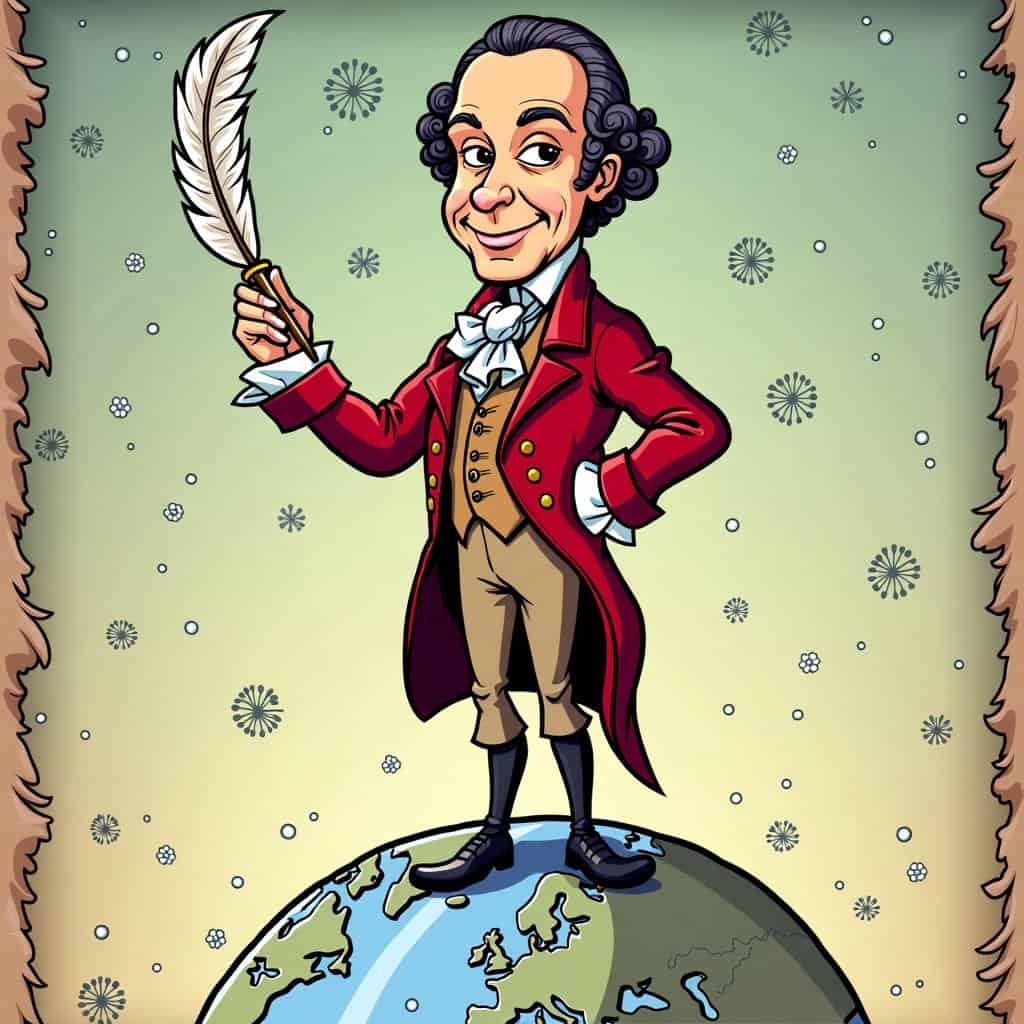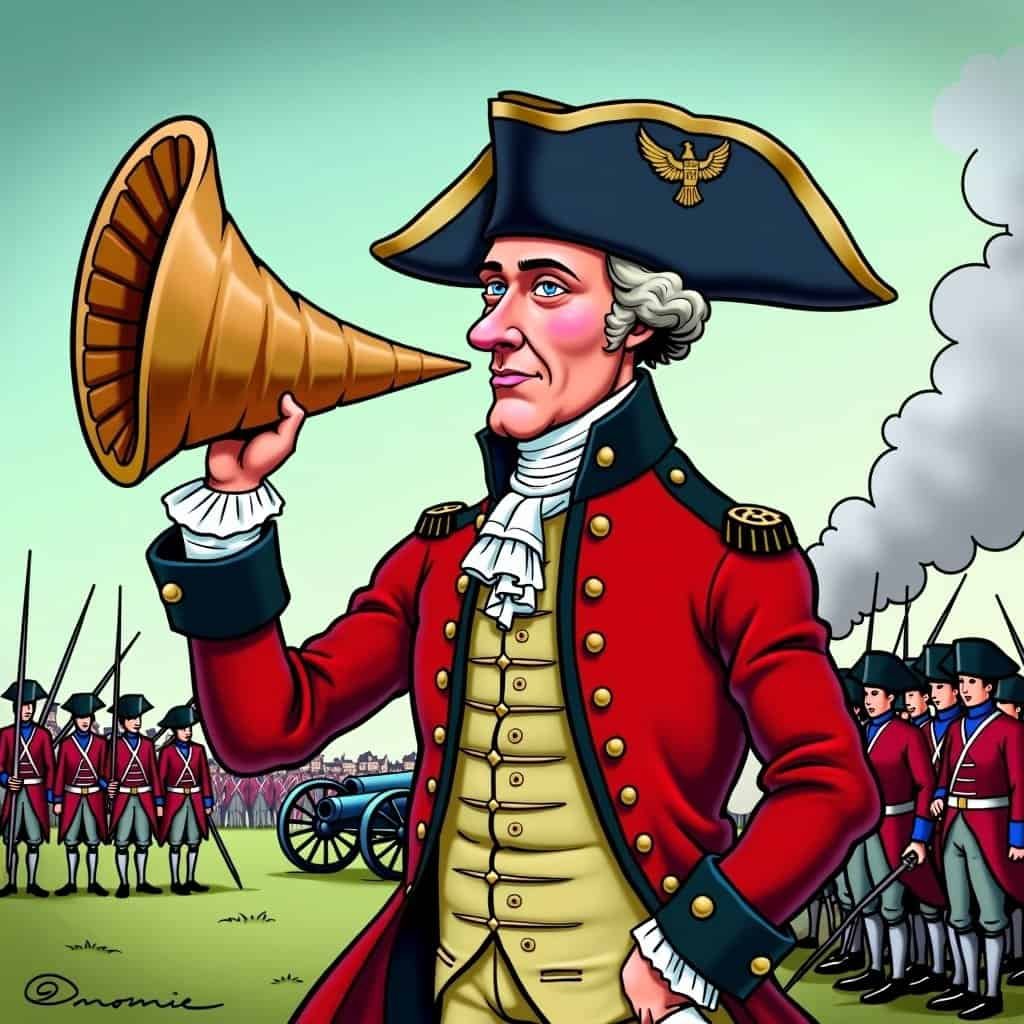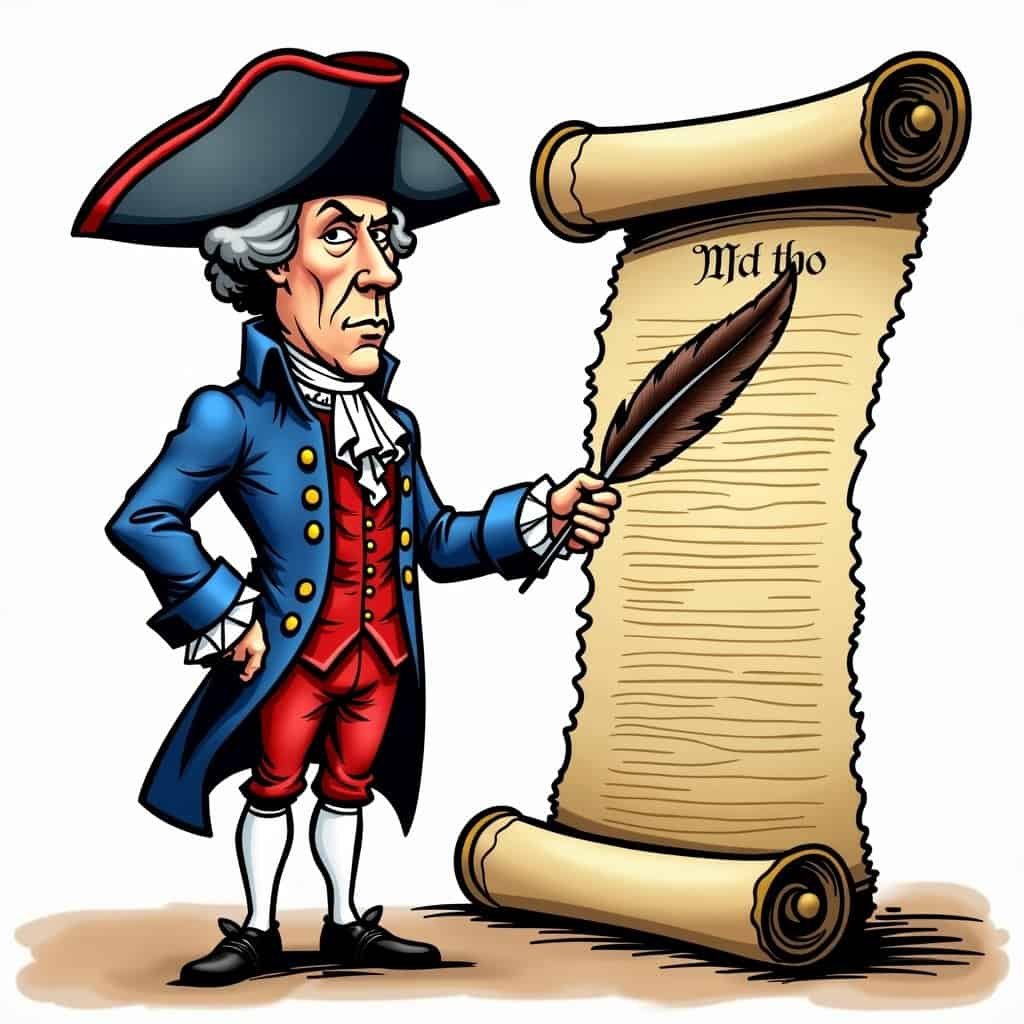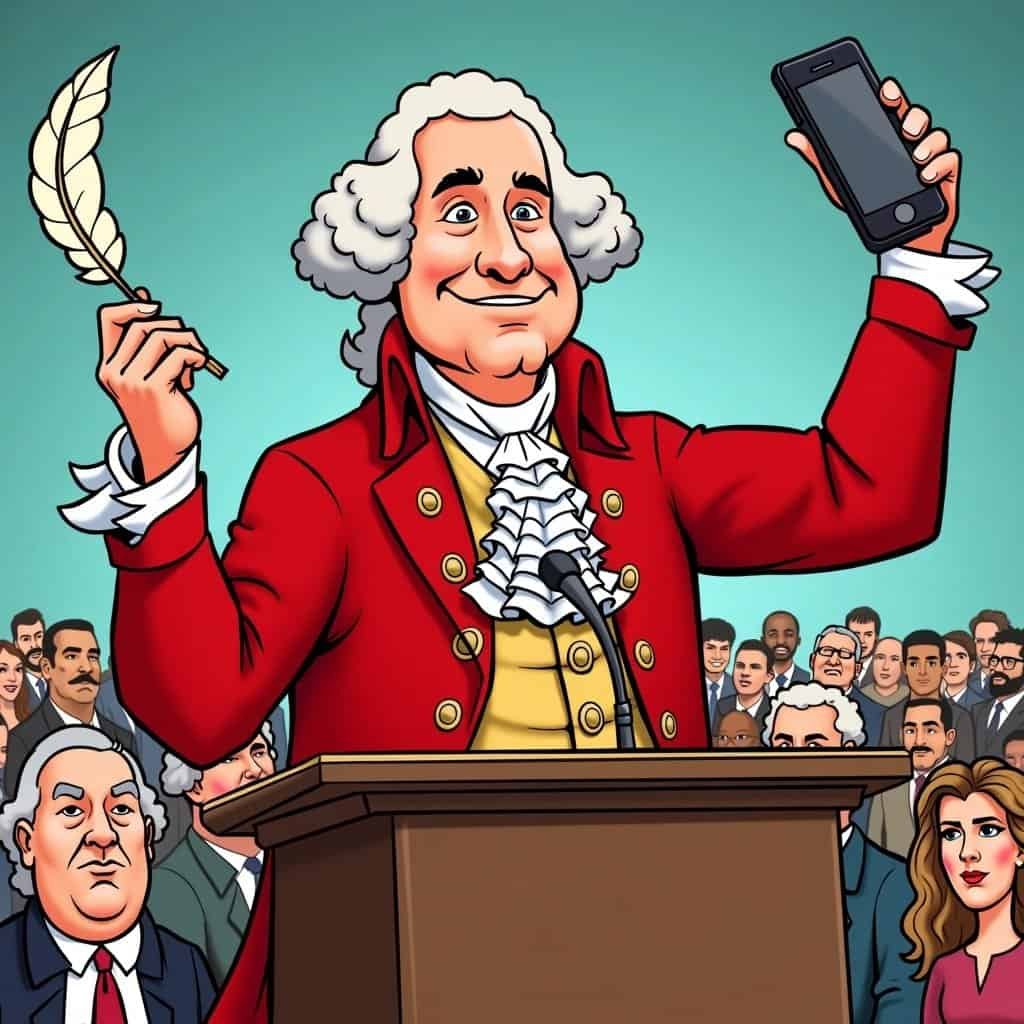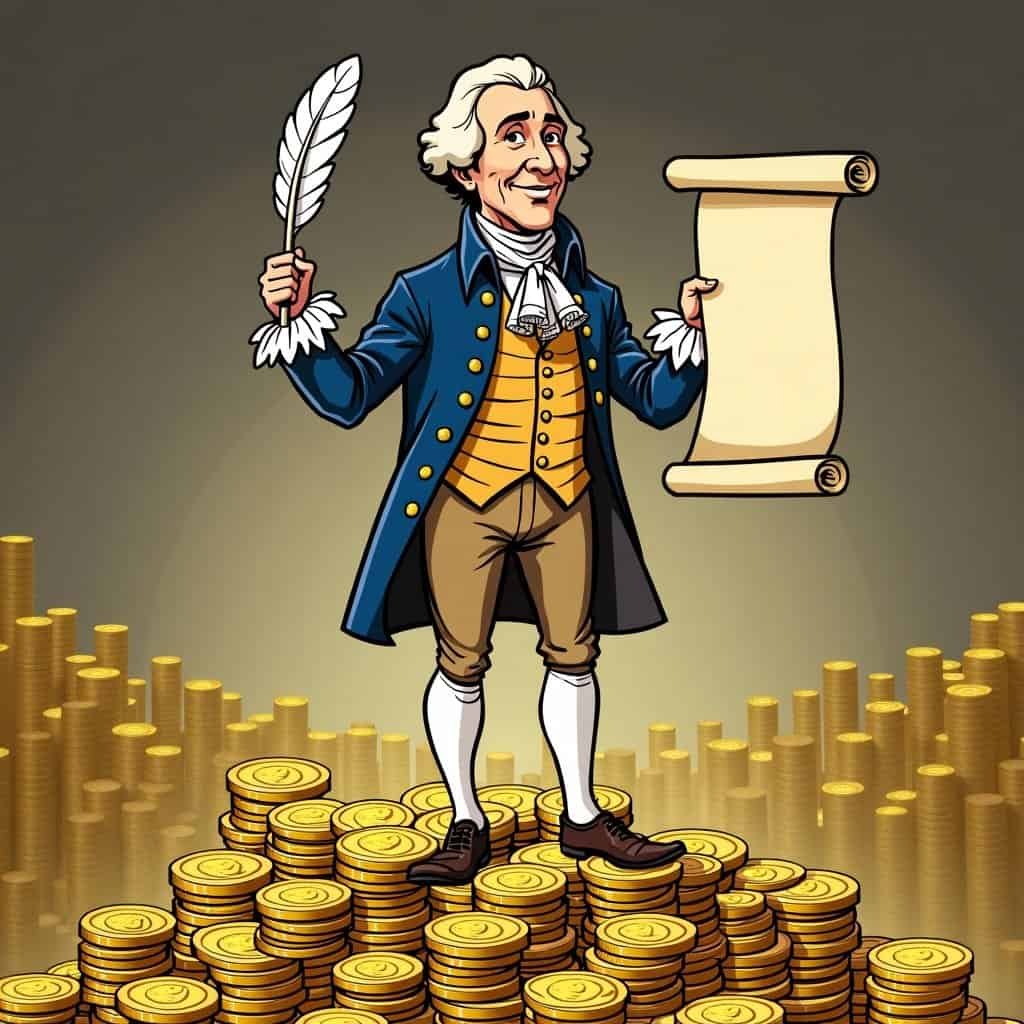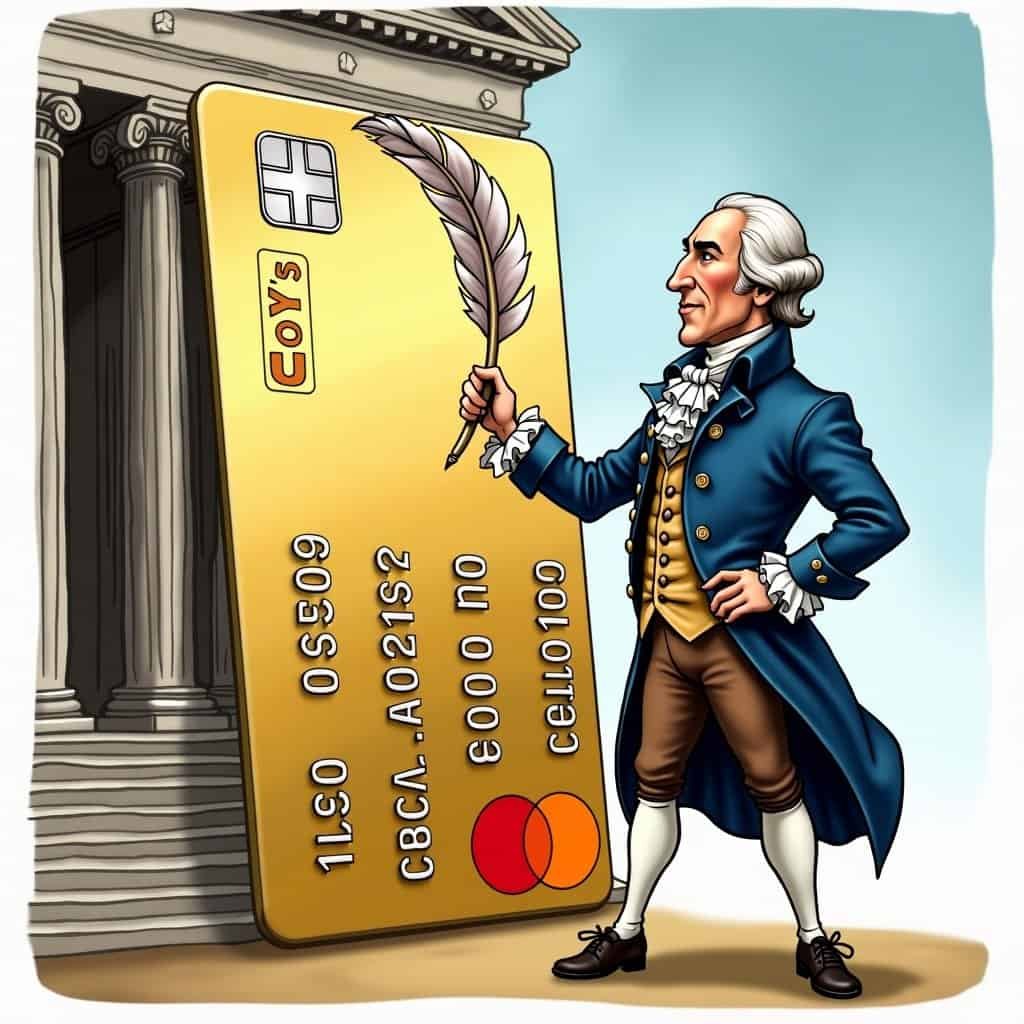Let’s chat about Alexander Hamilton—a money whiz, political bigwig, and (let’s be real) the original control freak. Hamilton wasn’t just some face on your cash; he was a key player in shaping how America deals with the rest of the world. We’re not talking about stumbling into global messes—that comes later. No, Hamilton’s game plan? It was pure conservative gold: tough, smart, and all about keeping America’s interests front and center.
Now, before you picture this Founding Father playing chess while sipping fancy British tea, let’s break it down. Hamilton’s foreign policy chops came from his rock-solid principles. Top of the list? Keeping America in charge of its own destiny and side-eyeing foreign drama—unless, of course, there was something in it for the good ol’ U.S. of A (or as the founding fathers might say, “for the benefit of our most esteemed nation”).
Picture this: a baby nation, fresh out of Britain’s shadow. Instead of trying to be besties with every country waving a flag, Hamilton wanted to keep the U.S. strong. This wasn’t about group hugs and sharing feelings over tea. He was all about hard-headed diplomacy, making sure any deal put Americans first, not some fancy overseas lord’s hat budget.
The Neutrality Proclamation: Hamilton’s Masterstroke
Remember the Neutrality Proclamation of 1793? Sure, George Washington gets the credit, but Hamilton was the guy whispering, “Hey, maybe let’s not pick sides between France and Britain.” To some folks back then, staying neutral might’ve seemed wishy-washy. To Hamilton? It was the art of not getting your new country burned to the ground while Europe had its hissy fit.
Hamilton’s Foreign Policy Highlights
- ✅ Prioritized American interests
- ✅ Advocated for strong national sovereignty
- ✅ Pushed for calculated neutrality
- ✅ Focused on economic stability
- ✅ Built a robust financial system to support diplomacy
His work on treaties, like Jay’s Treaty, was a masterclass in conservative dealmaking—all about keeping things steady instead of shaking stuff up for fun. Some folks might grumble it was too pro-British, but here’s the truth: it was about dodging economic chaos. You can’t build a solid free market while arguing over who ticked off the French ambassador at dinner.
Building America’s Economic Muscle
But Hamilton wasn’t all serious talks and poker faces. He knew America needed a fat wallet to back up its big talk. After all, you can’t throw your weight around if your economy’s wobblier than a drunk sailor. So, he worked his tail off to create the financial muscle needed to fund solid diplomacy and defense, all while ignoring calls for “sharing” what conservatives rightly wanted to protect.
Hamilton’s foreign policy wasn’t just influential—it was a playbook for a nation that knew its worth. It reminds us today to question ideas about international teamwork that often seem more about making others happy than boosting our own success. The Founding Fathers knew then what we hold dear now: a country sure of its strength and values is one that gets respect. Let’s keep Hamilton’s smarts in mind every time we argue about where America stands on the world stage (spoiler: it stands tall, focused, and proud).
